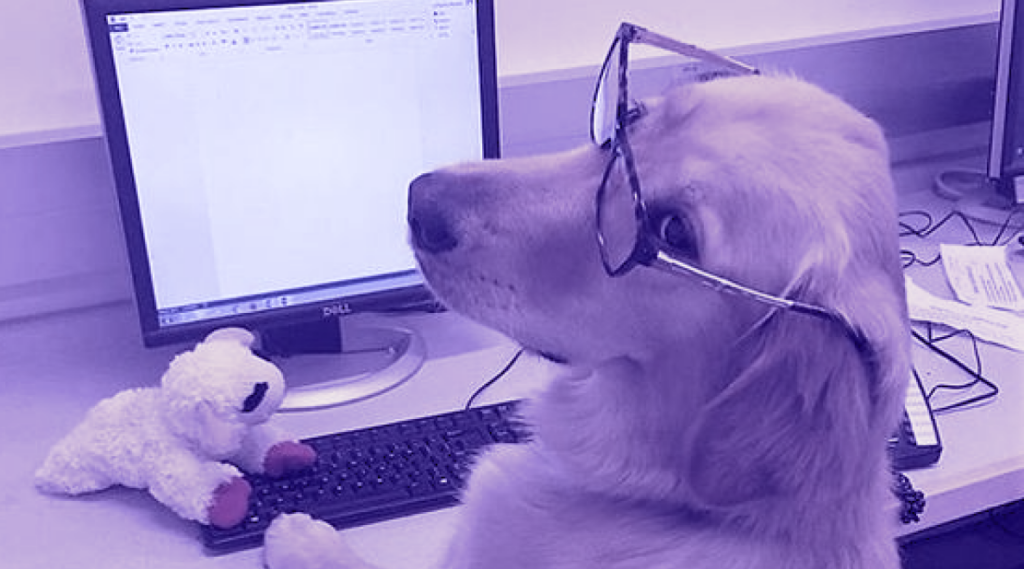The integration of Artificial Intelligence (AI) in the recruitment process is transforming the landscape of talent acquisition, yet its full potential remains untapped. As the tech industry continues to evolve, AI’s role in enhancing recruitment strategies is becoming increasingly significant, offering a glimpse into the future of hiring.

Despite the transformative potential of AI in recruitment, many hiring professionals remain cautious about fully relying on artificial intelligence for candidate assessments. This hesitation, however, hasn’t stopped the gradual integration of AI into various stages of the recruitment process, especially in scenarios involving mass hiring.
Platforms such as Indeed and Glassdoor leverage AI to provide recruiters with valuable insights, prioritizing candidates who best match their requirements. Similarly, tech-specific platforms like GitHub utilize AI to assess candidates’ technical prowess by analyzing their contributions, a boon for tech recruitment agencies focusing on sourcing top-tier talent in software development, AI development, and IT staffing.
From the perspective of job seekers, AI-driven processes are reshaping the job search experience, offering more streamlined interactions and reducing biases. Tools like chatbots serve as virtual interviewers, evaluating candidates’ soft skills and qualifications efficiently, a practice adopted by leading firms like PwC. This automation not only speeds up the hiring process but also champions a more objective recruitment approach, minimizing human biases.
Despite its growing adoption, AI’s penetration into IT company recruitment processes remains limited, likely due to the industry’s need for a nuanced understanding of technical skills. However, AI-powered video interview platforms like HireVue and Spark Hire are gaining traction, analyzing candidates’ verbal and non-verbal communication to assess soft skills comprehensively.
Moreover, AI’s capacity to combat recruitment biases is under the spotlight, with tools designed to ensure job descriptions and candidate evaluations are free from prejudicial language, thereby promoting diversity and inclusion in tech hiring practices.
Looking ahead, the anticipation grows for AI tools capable of analyzing recruitment patterns, identifying inefficiencies in the hiring funnel, and providing insights into persistent recruitment challenges. The demand for such innovations reflects a broader industry trend towards leveraging technology to refine talent acquisition strategies, particularly in high-demand sectors like technology and IT outsourcing.
As AI continues to weave its way into the fabric of recruitment, its potential to revolutionize talent acquisition strategies is undeniable. From automating initial screenings to enhancing candidate engagement and tackling biases, AI stands at the forefront of modern recruitment.
As we navigate this changing landscape, the question remains: how will AI shape the future of hiring in the tech industry and beyond?

